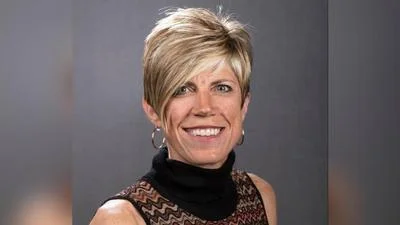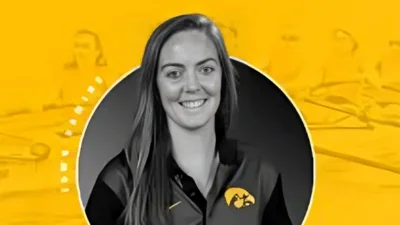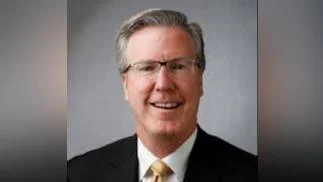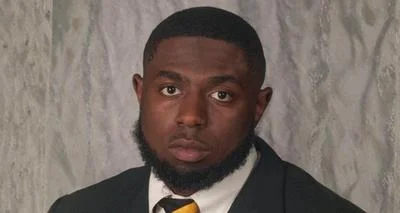Trust your professional instincts; they can make all the difference. That’s the message Jennifer Off, BSN, RN, wants to share with her colleagues.
When monitoring a patient during an infusion treatment in Holden Comprehensive Cancer Center, Off—who now works at the outpatient infusion center at UI Health Care–Iowa River Landing—noticed a spike in the patient’s heart rate.
“I remember starting his infusion and his heart rate was normal,” she says. “When I came back to check his vital signs, his heart rate had gone up to 150 beats per minute.”
“I could tell it was abnormal”
Initially, Off wondered if the rise was due to movement by the patient, especially when his heart rate started to trend downward after a few minutes.
Still, she kept thinking about it, and ultimately decided to grab her stethoscope.
“It kept bothering me because, in looking at his medical chart, he’d never had a rate so high before,” says Off. “I listened to his heart, and it sounded slightly irregular. I’m not a cardiac nurse, but I could tell it was abnormal.”
She then requested that an electrocardiogram (EKG) be ordered to check for a heart condition. The results of that EKG led to an appointment with a cardiologist and more testing that revealed a previously unknown congenital heart defect.
“What they found was that he had a hole in his heart which required open heart surgery to repair,” says the patient’s mother. “It had never been detected in 26 years, despite annual physicals and being in the hospital many times. Had Jennifer not thought to ask for the EKG, we would probably still not be aware of this dangerous condition.”
Right place, right time, right decision
For Off, the experience validated her decision to trust her instincts and double-check the situation.
“We could have just shrugged it off and said it was a fluke of the machine or just patient movement,” says Off. “But the thing is, it’s not always a fluke. The patient always comes first; if you sense something isn’t right, request that extra test.”
Following the diagnosis, the patient underwent successful heart surgery two weeks later.
Off and her fellow colleagues throughout UI Health Care are trained not to accept simple explanations when more in-depth evaluations are warranted.
In this case, the spike in the patient’s heart rate prompted Off to request the EKG. Without it, this patient would likely have continued to live with the heart defect, an issue that could’ve eventually resulted in a life-threatening outcome.
“The patient was in the right place at the right time, and I made the right decision in order to catch this,” says Off. “It is a great example of following your instincts and a definite reminder to keep patients at the center of our care practices.”
Original source can be found here.





 Alerts Sign-up
Alerts Sign-up